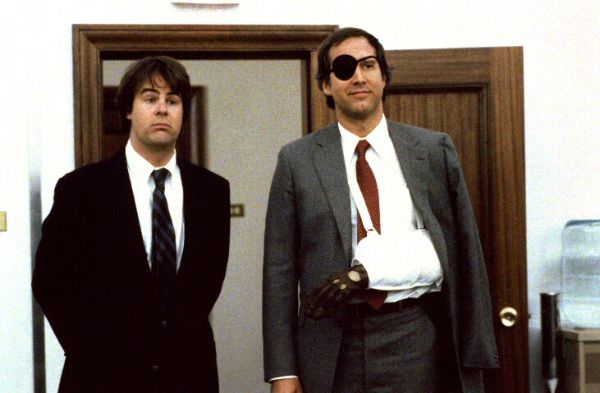Amid rising investor concerns, Quincy officials are trying to get the stalled downtown revitalization moving again by giving private developers complete control of the project’s first phase.
The redevelopment has been halted since November, when construction work on Merchants Row — a block contained within Hancock Street, Cottage Avenue, and Chestnut Street – became too costly to continue.
Negotiations officially began this week to kickstart that piece of the $1.6 billion Quincy Center redevelopment project. The process is expected to end the city’s involvement with Merchants Row, as well as divorce Merchants Row’s investors from Street-Works Development LLC, the master developer for the overall project.
“In the context of the master plan, [a private development] fits, but it would be a private development within the program,” Quincy Mayor Thomas Koch said.
The change would be a significant departure for the overall project, which was envisioned as a private/public partnership for a massive mixed-use downtown development.
If Street-Works is no longer part of Merchants Row, investors Quincy Mutual Group and LaSalle Investment Management would oversee the work, along with real estate developer Twining Properties, which was brought on board last year.
Officials from Twining and LaSalle did not return calls for comment, but Quincy Mutual executive president Jim Moran said progress on Merchants Row is contingent on Street-Works stepping aside.
“It has become painfully obvious to Quincy Mutual that Street-Works Development has neither the financial resources nor execution competencies as a developer to successfully build Merchant’s Row Quincy,” Moran said in a phone interview. “Merchant’s Row Quincy, as designed and developed to date by Street-Works, is a failure. In its present state, it is not an economically viable project to build.”
While Street-Works has retained legal ownership of the block over the last several months, the developer last year turned over design control to Twining.
Street-Works cofounder Ken Narva would not respond to Moran’s comments about the developer. But he said Twining initially was brought on board so that Street-Works could better focus on future phases of redevelopment. Stepping aside entirely from Merchants Row – also called “Block 4” - is merely a way to free the block from the confines of the redevelopment’s overriding contract, known as the Land Disposition Agreement, he said.
“To make Block 4 more financially possible, given what’s done, the goal was to remove Block 4 from the LDA . . . To do that, Street-Works had to remove itself even from that partnership. That’s what we’re doing,” Narva said.
Moran also said that the project is economically feasible only if it is constructed, owned, and operated with private money. Developers then would not be bound by provisions of the overriding contract, which requires that 80 percent of the trades work be completed by union labor with prevailing wages.
Rising construction costs have halted any tangible progress at Merchants Row since November. Moran said bids put out for Merchants Row, requiring 100 percent union labor for construction, were $10 million over budget.
Since then, Quincy Center has been left with a hole in the ground while developers have been redesigning the block. Street-Works developers also said that they were working on proposals to change the Land Disposition Agreement to make the entire project more cost-effective. Those proposals eventually will be brought to the City Council for approval.
Removing Merchants Row from the contract also means the developers wouldn’t receive any reimbursement from the city.
The revision would be a financial boon for Quincy, Koch said, because the city would not have to use tax revenue to pay off loans for the purchases.
The mayor said he remained confident the revitalization will move forward.



